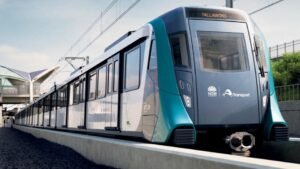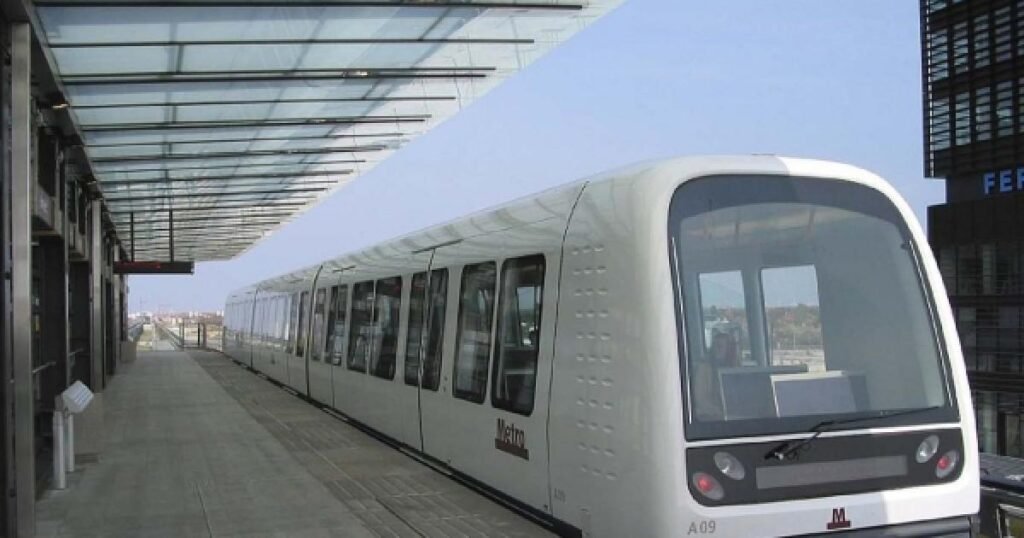Saudi Arabia launches world’s longest driverless metro in Riyadh.
In a surprising twist, Saudi Arabia is set to reveal the first phase of its ambitious Riyadh Metro project on November 27.
The $22.5 billion (SR84.4 billion) project, initially approved in 2012, has faced several setbacks, including logistical challenges and delays caused by the COVID-19 pandemic.
Apart from these hurdles, the metro’s launch symbolizes a significant milestone in the country’s Vision 2030 initiative to transform Riyadh into a global hub for commerce and innovation.
The first phase will introduce operations on three of the six planned metro lines, with the remaining three lines scheduled to begin service by mid-December.
The metro, which will eventually cover a vast 176 kilometers, is being touted as the world’s longest driverless metro system.
This new public transport infrastructure is expected to play a critical role in alleviating traffic congestion and reducing the city’s dependency on cars.
Key routes of driverless metro in Riyadh
The initial phase of the metro will serve key routes across Riyadh, including Al Orouba to Batha, the King Khalid International Airport Road, and the intersection of Abdulrahman Bin Auf Street with Sheikh Hassan Bin Hussein Street.
These lines will connect some of the city’s most vital areas, easing access to transportation for thousands of daily commuters.
The Riyadh Metro is a core component of Saudi Arabia’s broader urban development strategy.

With an increasing population and a growing demand for efficient transportation, the project aims to modernize the city’s infrastructure while contributing to its economic and environmental sustainability goals.
Once fully operational, the metro system is expected to reduce traffic congestion, enhance air quality, and improve the overall quality of life for Riyadh’s residents.
Moreover, the project will create thousands of jobs, both during construction and through ongoing operations.
